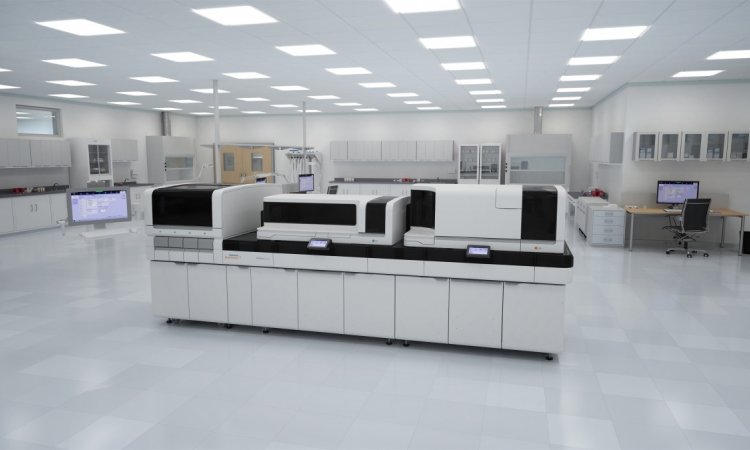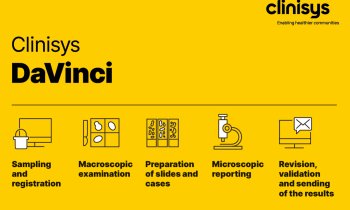UK labs face changes and challenges from new healthcare legislation
Aspects of new healthcare legislation are causing concern among medical laboratory experts in the United Kingdom – including the lack of future funding for innovation and development under a new reimbursement model, little appetite to quantify the cost effectiveness of laboratory testing, reduced staffing and a shift in emphasis that will see the need to make profit over-ride initiative and innovation

All issues were highlighted during the Frontiers in Laboratory Medicine conference held in Birmingham in January. Speaking to European Hospital in his capacity of President of the Association for Clinical Biochemistry, Dr Michael Thomas said a key factor was the new Health and Social Care Bill 2012. When it comes into effect in April this is set to impact on the landscape of service commissioning in England.
Laboratory services are increasingly subjected to tendering for the work they have traditionally provided through direct access arrangements with their local General Practitioners (GPs) and under the new process, a range of reconfigurations are occurring. These include the development of networks that range from those based on simple collaboration amongst NHS service providers, to joint venture partnerships between NHS and private pathology providers, while some acute Trusts are also totally outsourcing their pathology services.
Dr Thomas believes one impact will be fewer laboratories with a greater centralisation of specialist services, though that may also provide better use of complex and expensive equipment. The other challenge is in how UK pathology labs are being funded. Traditionally, pathology budgets have been provided through secondary care host organisations. However, the costs of pathology tests are increasingly attributed to the source of requesting through recharge arrangements.
The suspicion remains that commissioning groups will aim to reduce the cost of pathology spending, but lab professionals point out that aspects of teaching, training, research, development and innovation also need a funding stream.
Under the new model of reimbursement, Dr Thomas fears the possible disconnection in pathology service provision between primary and secondary care may be an issue where financial stringencies result in poorer quality care and the risk of duplication as patients move across the two divisions. ‘It remains unclear,’ he said, ‘how the new commissioning landscape will impact on the costing and reimbursement of pathology investigations. ‘There may also be a possible lack of resources for innovative developments as the business of pathology becomes more focused on financial profit for shareholders and partner organisations.’
Dr Thomas said hospital managers must be persuaded to perceive pathology –which accounts for up to 70% of diagnoses made – as bringing a cost benefit to the overall process of patient care, rather than ‘an expensive extra’ and with the move to outcome measures it should be possible ‘to demonstrate the impact that pathology has on the patient pathway.’
Part of the change will see pathology labs challenged to be more innovative: for some, Dr Thomas pointed out, this will be about reconfiguring services into more effective units where larger bulk provision may provide cost benefits; whilst for others it will be about the introduction of new procedures to diagnose and monitor disease and its response to therapies.
While key areas of innovation remain in genetics and genomics, especially with the cost of whole genome sequencing falling to affordable levels, Dr Thomas said there are other innovation areas in the ways services provision can be delivered, such as outreach opportunities or biomarker developments. He added: ‘The impact of phenotypic expression influenced by environment must not be overlooked and hence the use of innovative proteomic biomarkers must remain an important focus of innovation.’ He cited the use of BNP and Calprotectin as examples of biomarkers that can impact on both quality and cost in the patient pathway, but it remained largely for pathology to demonstrate the cost benefits of such biomarkers. Much of the traditional assay and technological development is now within the province of commercial diagnostics companies; however, he said there is evidence that innovation is still happening in the NHS.
PROFILE
Dr Mike Thomas is Clinical Director of Inflammation and Infection Services and Head of Clinical Biochemistry for the Royal Free London NHS Foundation Trust and President of the Association for Clinical Biochemistry
04.03.2013











